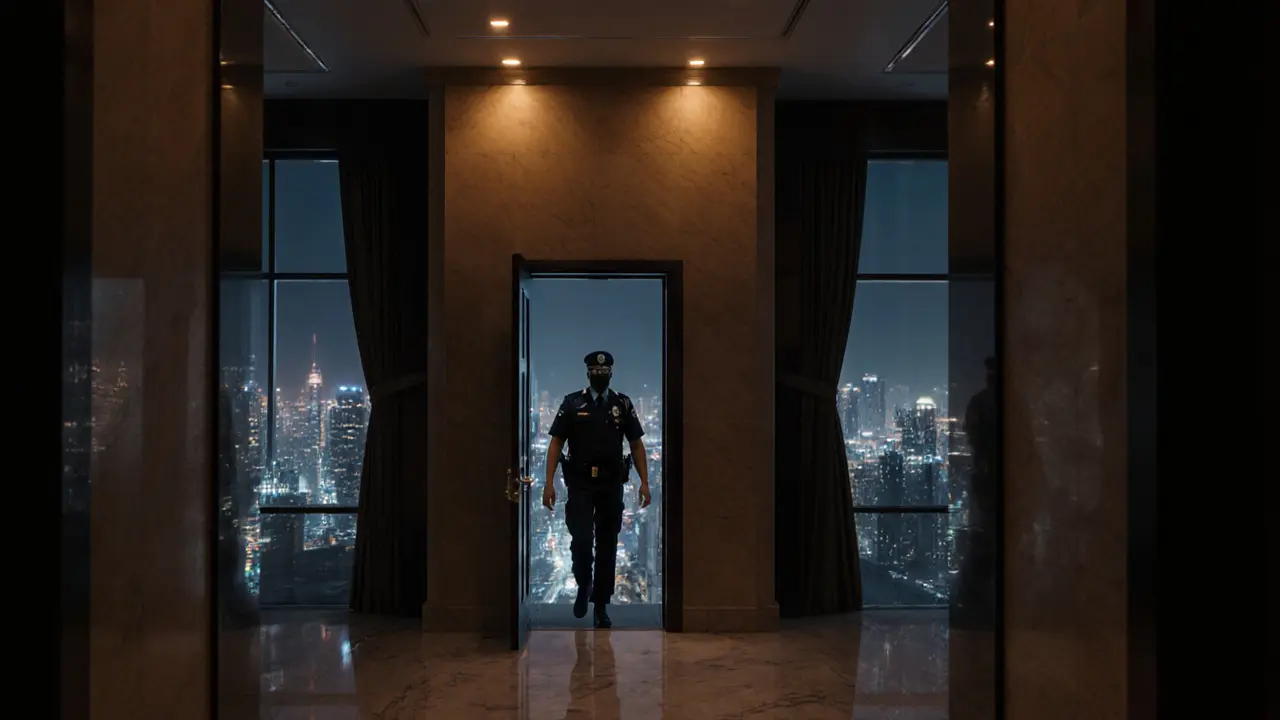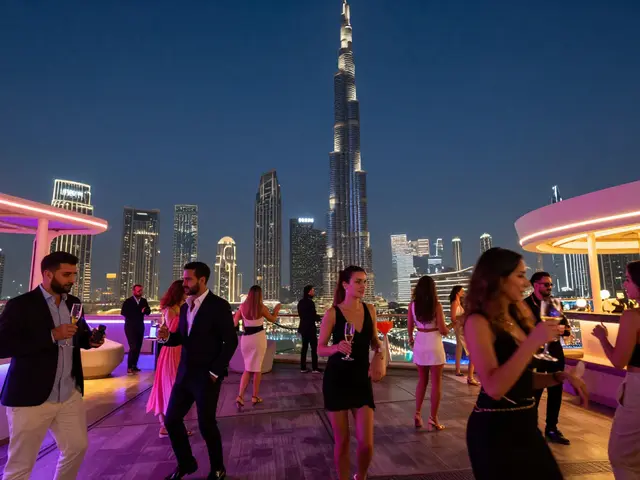Migrant Sex Workers in the UAE
When looking at migrant sex workers, people who cross borders to provide paid sexual services, often facing legal, social, and economic pressures. Also known as migrant sex workers, this group operates within the broader sex work, the exchange of sexual activities for money or goods, regulated differently across regions landscape of the Dubai, the UAE’s bustling metropolis where tourism, luxury nightlife, and a transient workforce intersect. Their wellbeing is closely tied to mental health, the emotional and psychological state that influences daily functioning and resilience, and modern technology, digital tools like encrypted messaging, GPS tracking, and verification apps that boost safety and anonymity. These entities create a web where migrant sex workers face unique challenges yet also gain new avenues for protection.
One clear semantic link is that migrant sex workers experience legal vulnerability because local laws often criminalize the act while ignoring the migrant status of the individuals. This legal exposure can trigger anxiety, depression, and burnout, making mental health a critical factor in their daily lives. At the same time, technology enhances safety by allowing workers to verify clients, set location alerts, and maintain encrypted communications that reduce the risk of exploitation.
Key Factors Shaping the Experience
Economic drivers play a big role: many migrants are drawn to the UAE by higher wages and the promise of a luxurious lifestyle, only to confront high living costs and restrictive visa rules. Cultural expectations in Dubai add another layer, as the city’s public image of opulence clashes with private enforcement of strict moral codes. This tension forces workers to navigate discreet networks, where trust and reputation become currency as valuable as money.
Health services are another piece of the puzzle. Access to regular medical check‑ups, counseling, and sexual health resources varies widely, often depending on whether a worker can afford private clinics or must rely on informal community support. When mental health resources are scarce, stress can spill over into client interactions, affecting both safety and satisfaction.
Safety tech tools are reshaping the landscape. Encrypted apps let workers set time‑limits on meetings, share live location with trusted contacts, and instantly report suspicious behavior to local NGOs. These platforms also enable peer‑to‑peer reviews, helping newcomers identify reputable agencies and avoid scams. The result is a gradual shift toward more informed decision‑making, even in a climate where legal protection remains limited.
Legal awareness is essential. While the UAE’s anti‑prostitution laws are clear, enforcement can be uneven, sometimes targeting the clients rather than the workers. Knowledge of one’s rights, the penalties for illegal activity, and the avenues for confidential reporting can make the difference between a safe night and a costly police encounter.
What you’ll find next is a curated collection of articles that dig deeper into each of these topics. From mental health strategies for workers in Dubai to technology‑driven safety guides, the posts below offer practical tips, real‑world stories, and up‑to‑date legal insights. Dive in to see how the pieces fit together and discover actionable advice you can use right away.







